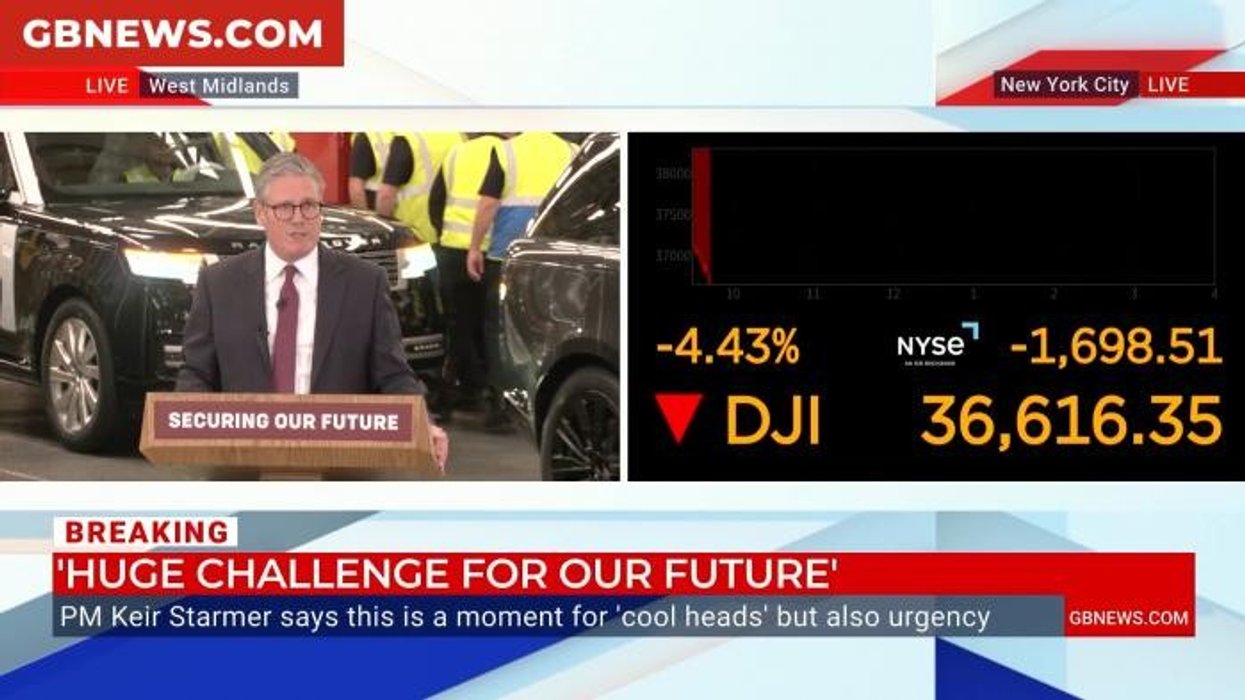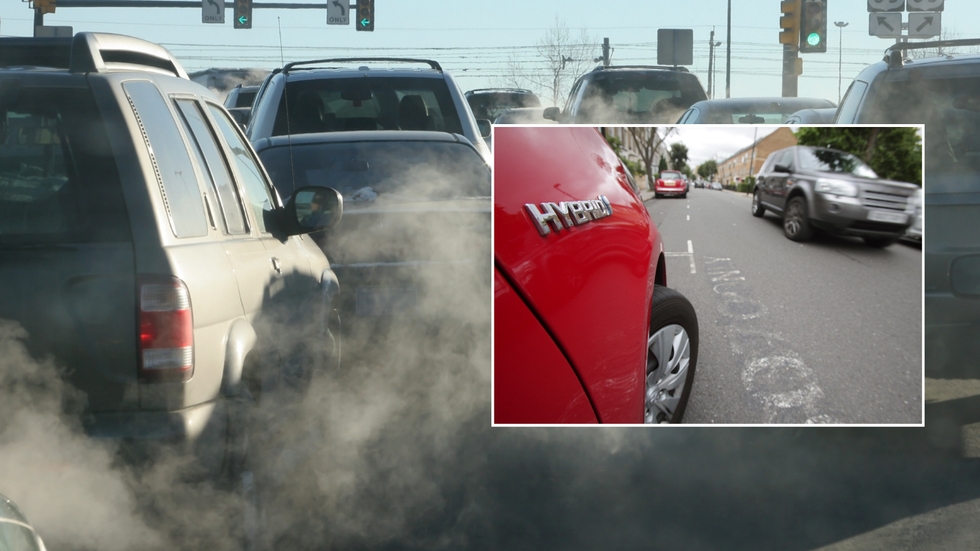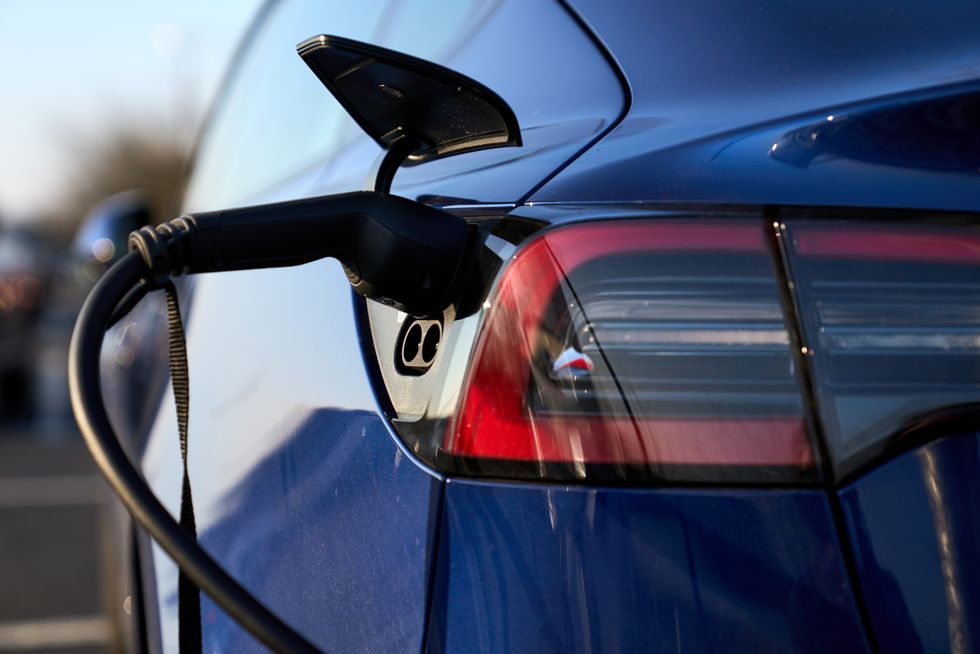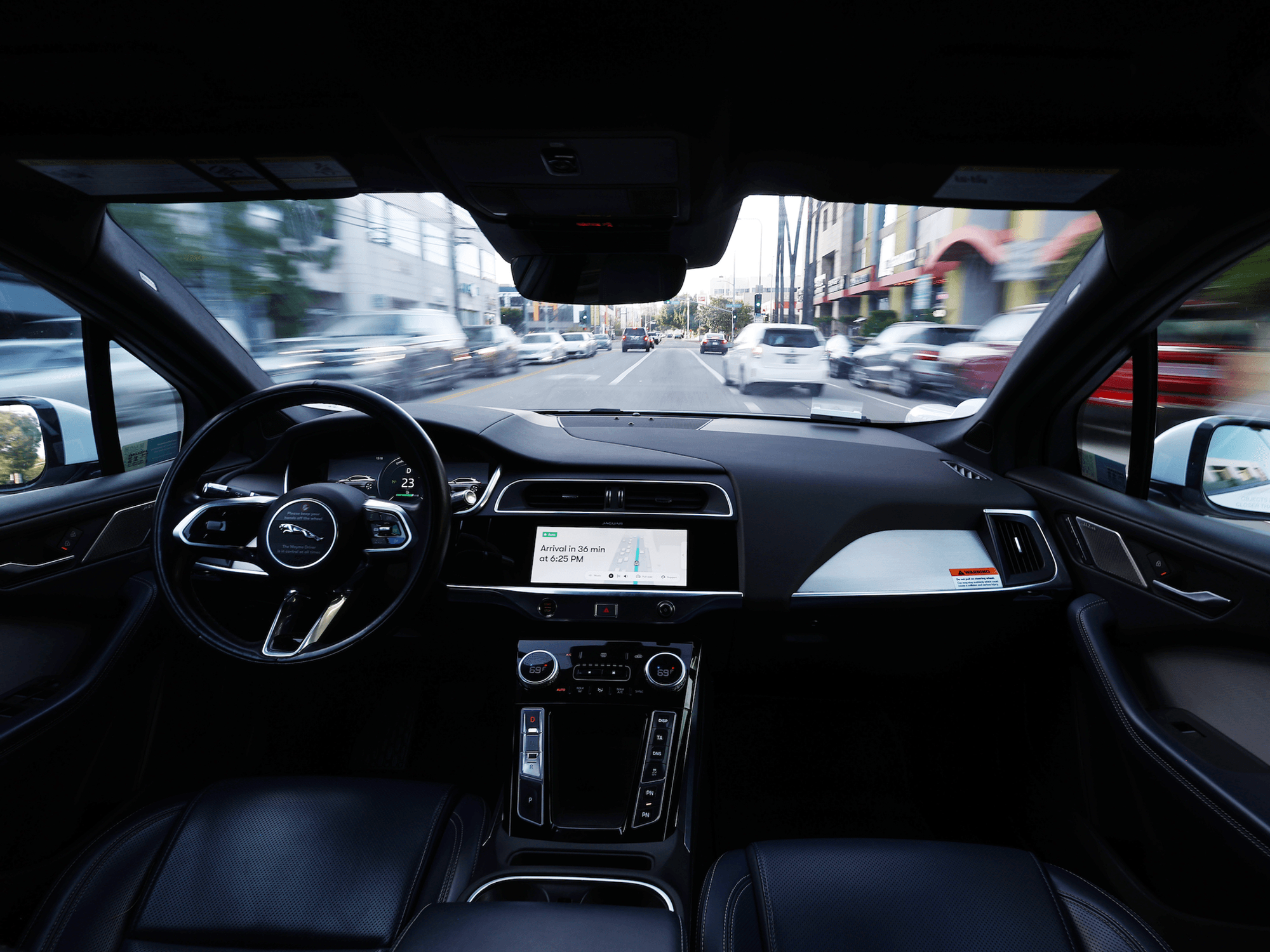Labour risks 'hitting drivers' wallets' by adding more harmful emissions to UK roads

WATCH: Sir Keir Starmer announces the Government's plans to relax the 2030 electric car mandate
|GB NEWS

Sales of hybrid vehicles are expected to hit their peak in 2028, with 280,000 a year being registered
Don't Miss
Most Read
Labour could be at risk of introducing more emissions on UK roads due to its watered-down petrol and diesel targets, a new study has warned.
It comes after the Zero Emission Vehicle mandate was weakened in April, allowing hybrid vehicles to stay on roads for an additional five years while also removing some of the regulatory pressures on carmakers ahead of the 2030 phase-out date.
The lower threshold aims to help the car industry in response to Trump's tariffs, but it could risk seeing more harmful emissions released across the UK as roughly 500,000 more hybrid vehicles are produced.
Transport Secretary Heidi Alexander stated that the changes to the mandate would cause a "negligible change to the carbon emissions" from cars sold in the UK, but data has revealed this could no longer be the case.
Do you have a story you'd like to share? Get in touch by emailing motoring@gbnews.uk

A new study has warned that more harmful emissions could be produced following the ZEV mandate update
|GETTY
Tim Dexter, a vehicle policy manager at T&E UK, said: “The Government’s changes will allow car manufacturers to sell more plug-in hybrids and for longer.
"Instead of accelerating the transition to zero-emission cars, the industry can maximise sales of lucrative PHEVs, which emit far more than claimed."
According to reports, hybrid sales are expected to hit their peak in 2028, with 280,000 a year being made, an increase from 180,000 estimated to be made this year. This means that more harmful emissions could be released.
Meanwhile, Colin Walker, head of transport at campaign group Energy and Climate Intelligence Unit, explained that the changes to the ZEV mandate will result in more CO2 being emitted "in the midst of a climate crisis", as well as "hit the UK’s drivers in their wallets".
The move could also "distract manufacturers from making the shift to building the EVs on which the UK car industry’s future depends," Walker added.
While marginally greener than petrol and diesel cars, hybrids are fitted with a polluting engine, meaning it can still contribute to emissions totals.
Ben Nelmes, the chief executive of New AutoMotive commented: "The Government - and anyone who has bought a car - knows that manufacturer claims about PG ratings should be taken with a large helping of salt. Yet ministers have decided to stake the UK’s largest climate policy on the accuracy of these ratings.
"That will sound naive to most people. We should not be surprised to see UK emissions fall more slowly as a result of recent changes to electric car targets."
But Dexter stated that the Government can still mitigate some of the extra emissions "caused by this loophole by officially recognising the real-world emissions of PHEVs".
This move would then help account for hybrids' "true climate impact" while also making buyers aware of their extra cost at the pump.
Commenting on the findings, a Department for Transport spokesperson shared: "Our recent changes strike a practical balance – giving manufacturers flexibility to sell plug-in hybrids until 2035, while sticking to our commitment to the 2030 phase-out of new petrol and diesel cars.
"These changes are a practical and balanced approach which will have a minimal impact on emissions while supporting drivers, giving long-term certainty to the industry and protecting jobs across the UK."
LATEST DEVELOPMENTS:

No new petrol or diesel cars will be sold after 2030
| PAData from the DfT shows that transport remains the largest emitting sector of greenhouse gas emissions in the UK, producing 29 per cent of all emissions in 2023, while road transport accounted for 89 per cent of domestic transport greenhouse gas emissions. Cars alone were found to be responsible for 54 per cent of those emissions.










